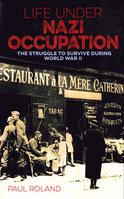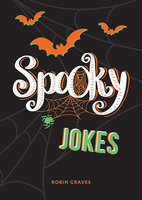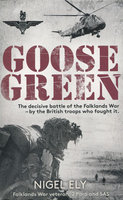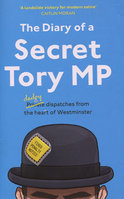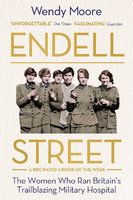New, Quality Gift Books - 50-90% off - over 2500 titles
Your basket is empty.
Categories Modern History/Current Affairs RESISTIBLE RISE OF ANTISEMITISM
RESISTIBLE RISE OF ANTISEMITISM
Book number: 94381
Product format: Paperback
In stock
Bibliophile price
£5.00
Published price
$40
Customers who bought this product also bought
|
LIFE UNDER NAZI OCCUPATION
Book number: 88564
Product format: Paperback
Bibliophile price
£3.50
Published price
£9.99
|
SPOOKY JOKES: THE ULTIMATE COLLECTION
Book number: 93845
Product format: Paperback
Bibliophile price
£1.50
Published price
£6.99
|
GOOSE GREEN: The Decisive Battle of The Falklands War
Book number: 95025
Product format: Paperback
Bibliophile price
£5.00
Published price
£9.99
|
|
DIARY OF A SECRET TORY MP: (ALMOST!) TRUE STORY
Book number: 95022
Product format: Paperback
Bibliophile price
£5.00
Published price
£9.99
|
GENESIS IN THE 1970S: Decades
Book number: 94874
Product format: Paperback
Bibliophile price
£6.00
Published price
£16.99
|
ENDELL STREET
Book number: 94689
Product format: Paperback
Bibliophile price
£4.00
Published price
£9.99
|
Browse these categories as well: Modern History/Current Affairs, Religion & Philosophy, Biography/Autobiography

